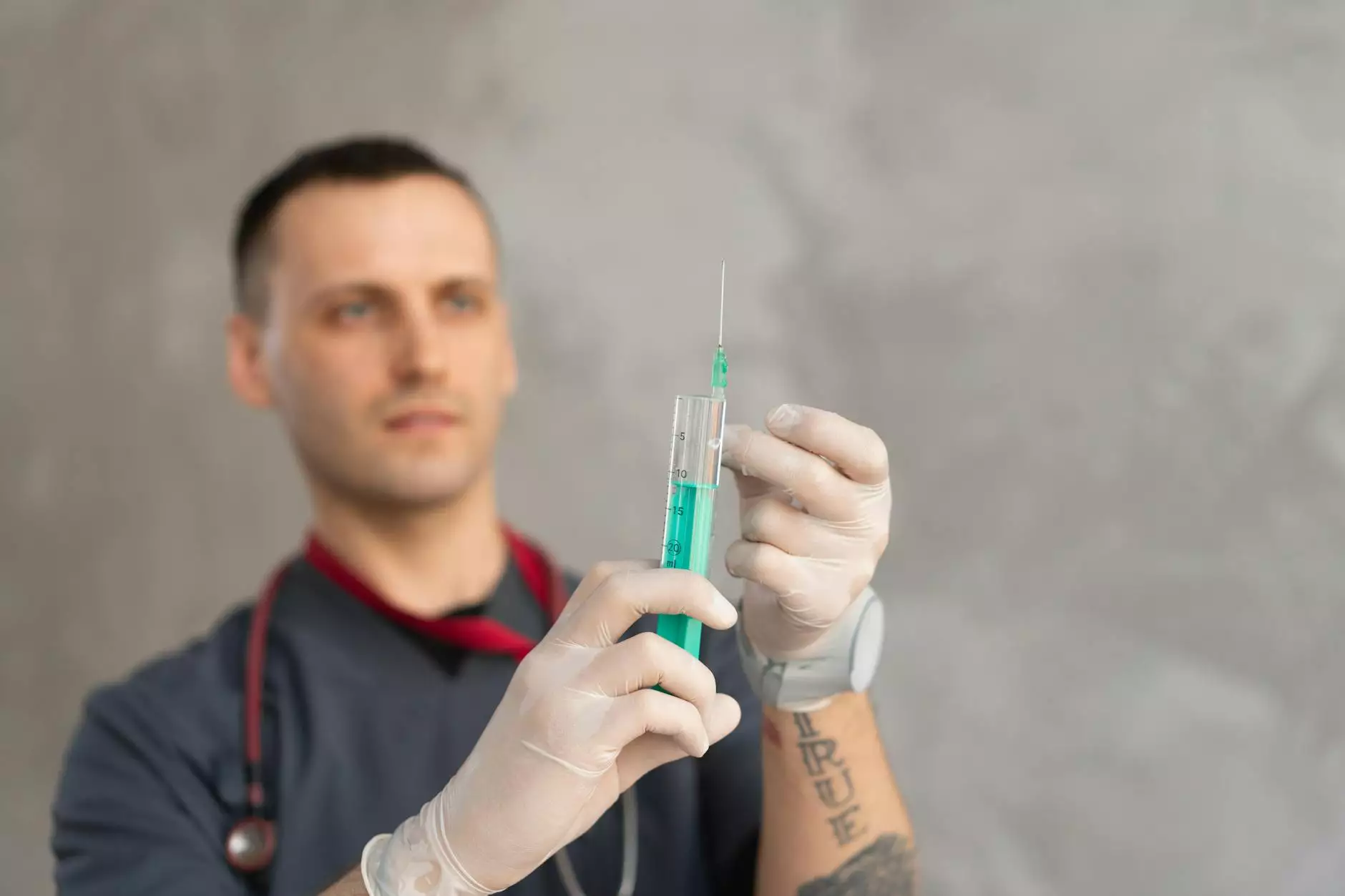The Comprehensive Guide to Lung CT Scans: Importance, Process, and Benefits

Understanding Lung CT Scans
A lung CT scan, or computed tomography scan of the lungs, is a critical diagnostic tool used in the medical field. This non-invasive imaging technique provides detailed cross-sectional images of the lungs, allowing healthcare providers to assess the lungs' condition accurately. Unlike standard X-rays, lung CT scans offer far superior detail, making them essential for identifying various respiratory conditions.
Why Are Lung CT Scans Important?
The significance of lung CT scans cannot be overstated. They play a pivotal role in:
- Diagnosing Lung Diseases: Lung CT scans can detect early signs of diseases such as pneumonia, lung cancer, and chronic obstructive pulmonary disease (COPD).
- Monitoring Treatment: For patients undergoing treatment for lung conditions, CT scans provide a way to monitor the effectiveness of the treatment over time.
- Preoperative Assessment: Before surgeries, a lung CT scan can help surgeons evaluate the lungs' condition to plan the procedure accordingly.
- Screening for Lung Cancer: Lung CT scans are increasingly used for screening high-risk populations for lung cancer, potentially catching the disease in its early stages.
The Lung CT Scan Process
Understanding the process of a lung CT scan can help alleviate any concerns patients may have. Here’s what to expect:
1. Preparation
Typically, no special preparation is needed for a lung CT scan. However, patients are advised to inform their doctor about any medications they are taking and discuss any allergies, particularly to contrast dye, if applicable.
2. The Procedure
During the procedure, patients will lie on a table that slides into a cylindrical machine. It's essential to stay still and may be asked to hold their breath for short periods. The scan itself is quick, often completed within minutes.
3. After the Scan
Following the scan, patients can typically resume normal activities immediately. The results will be reviewed by a radiologist, who will provide a report to the referring physician.
Benefits of Lung CT Scans
The benefits of lung CT scans extend beyond diagnostics. They are invaluable in enhancing patient care through:
- High Accuracy: CT scans provide detailed images, leading to accurate diagnoses and better treatment plans.
- Non-Invasive Nature: The procedure is quick and non-invasive, posing minimal risks to patients.
- Early Detection: They facilitate the early detection of potential health issues, significantly improving treatment success rates.
- Comprehensive Visualization: CT scans can show intricate details of lung anatomy, helping to identify even small abnormalities.
Interpreting Lung CT Scan Results
The interpretation of lung CT scan results is a critical component of the diagnostic process. Radiologists look for:
- Nodules or Masses: These may indicate infections, benign growths, or tumors.
- Infection Signs: Patterns consistent with pneumonia or other lung infections can be identified.
- Interstitial Disease Indicators: Changes in the lung's interstitium can suggest various diseases, including fibrosis.
Lung CT Scans and Sports Medicine
In the realm of sports medicine, lung CT scans can provide critical insights for athletes, especially those exposed to high-performance environments. They help monitor lung health, especially for athletes who may be at risk for conditions like exercise-induced bronchoconstriction or asthma.
Role of Lung CT Scans in Physical Therapy
For physical therapists, understanding a patient's lung function and any associated conditions is necessary. A lung CT scan can reveal underlying issues that could affect rehabilitation strategies, tailoring treatments to accommodate patients' respiratory health needs.
In Conclusion
To sum up, lung CT scans are an indispensable tool in modern medicine. Their ability to provide detailed images assists healthcare providers in diagnosing and monitoring lung conditions effectively. Whether in general health assessments, sports medicine, or physical therapy, lung CT scans are integral to delivering optimal patient care.
If you are considering getting a lung CT scan or want to understand more about this diagnostic tool's implications in your health, it is advisable to discuss with your healthcare provider for personalized advice and guidance.
Discover More
For more information about lung health, treatments, and related services, you can visit Hello Physio where you will find resources on Health & Medical, Sports Medicine, and Physical Therapy.
FAQs about Lung CT Scans
1. Are there any risks associated with lung CT scans?
While lung CT scans involve a small amount of radiation exposure, the benefits often outweigh the risks, particularly when used for diagnosis or treatment monitoring.
2. How often should I have a lung CT scan?
The frequency of lung CT scans depends on an individual's health condition and risk factors. It’s best to follow your doctor's recommendations.
3. Will I need to prepare for a lung CT scan?
Generally, no special preparation is necessary. However, always consult your healthcare provider for specific instructions.
4. Can lung CT scans be used for routine check-ups?
While not typically recommended for routine use in low-risk individuals, lung CT scans are valuable for high-risk populations or those with existing respiratory issues.
5. How do lung CT scans compare to traditional X-rays?
Lung CT scans provide much higher detail and can visualize structures that X-rays may miss, making them crucial for accurate diagnosis and treatment planning.









